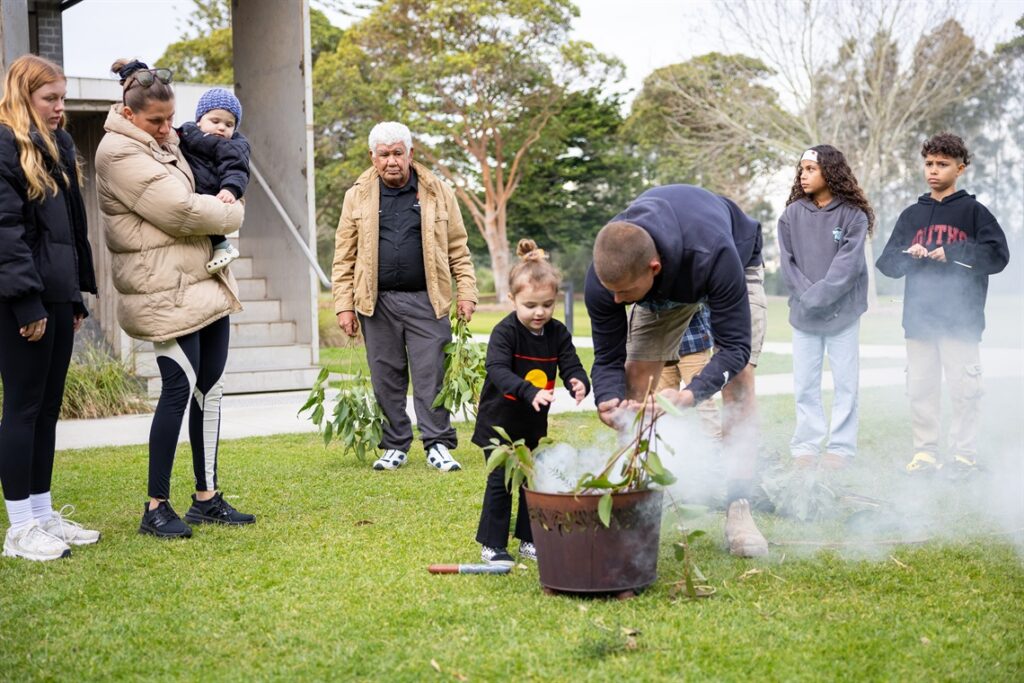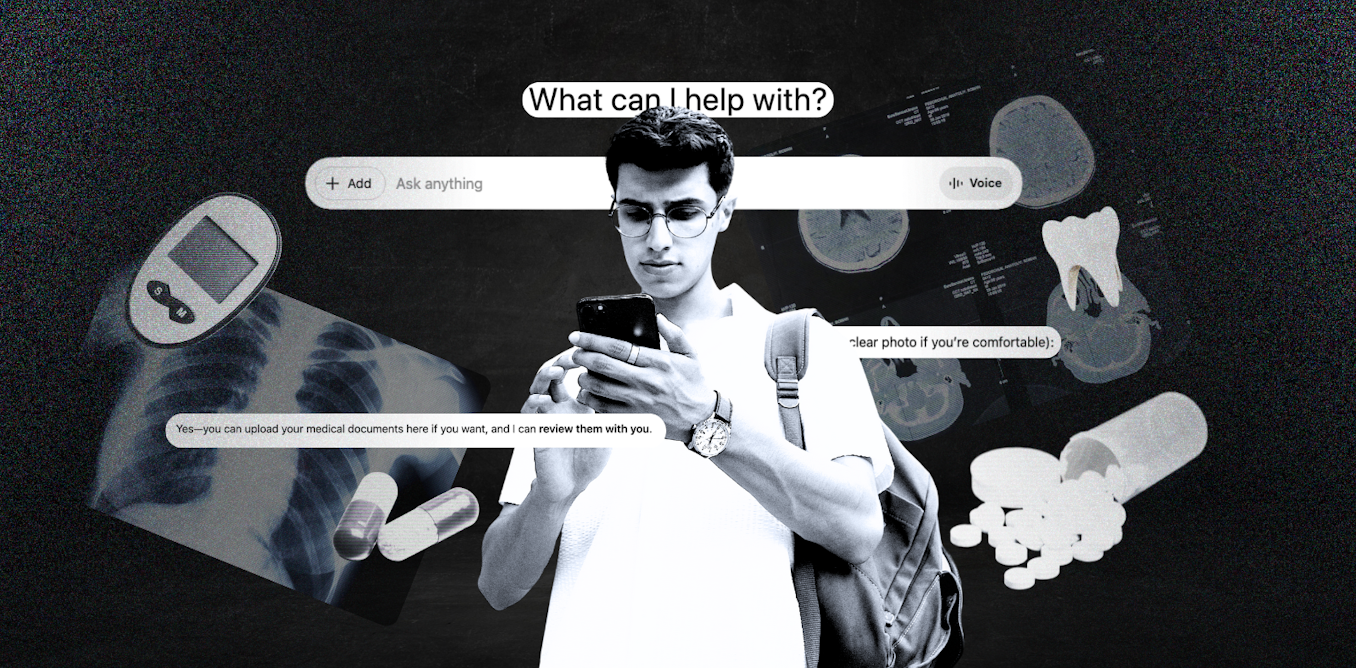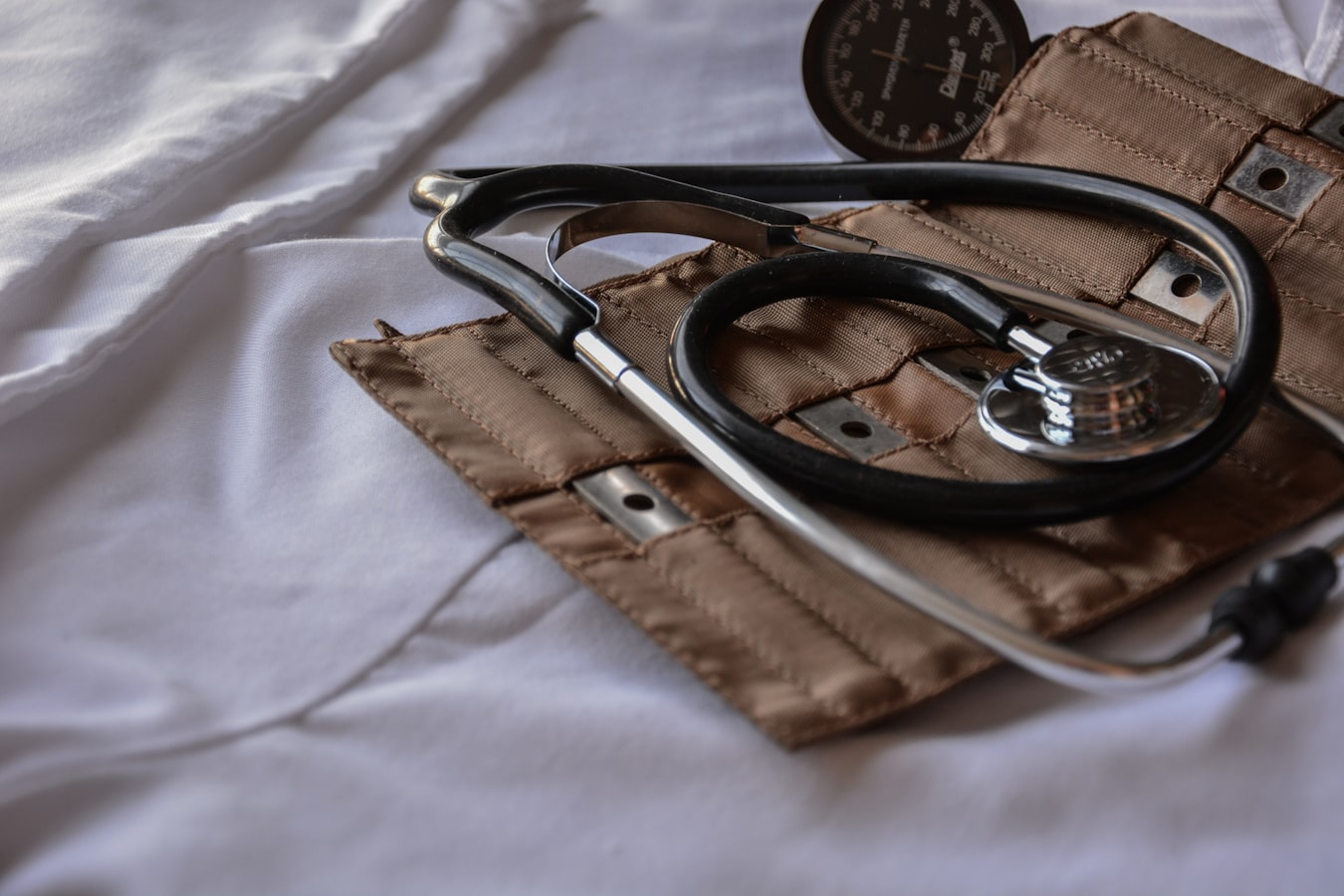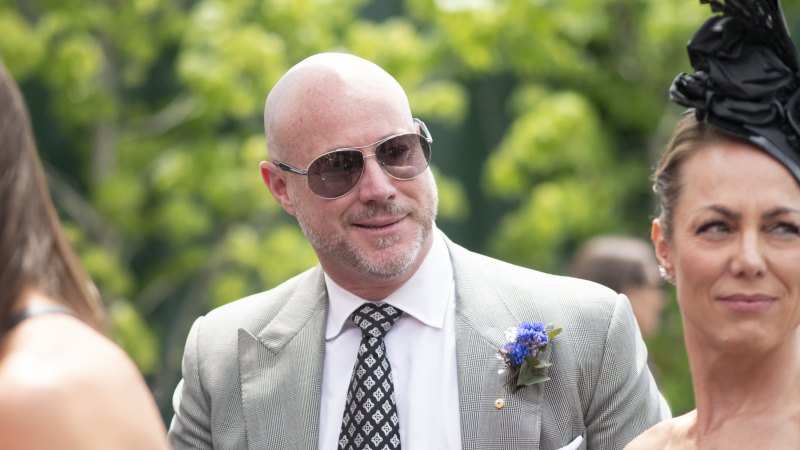
Across Australia, more than 70 landmarks are illuminated in red today to raise awareness of Fetal Alcohol Spectrum Disorder (FASD). This initiative is part of the Red Shoes Rock campaign, which aims to highlight a hidden disability impacting up to one million Australians. The campaign encourages individuals to don red shoes or socks throughout September, fostering discussions about FASD and promoting communities that support alcohol-free pregnancies.
Ayla Chorley, CEO of the Foundation for Alcohol Research and Education (FARE), emphasized the critical nature of FASD awareness. She explained that alcohol consumed at any point during pregnancy can directly affect the developing fetus, potentially leading to lifelong disabilities associated with FASD. “With the right supports and understanding from health professionals and communities, people who live with FASD can be given every opportunity to thrive,” Chorley stated. She underscored the importance of investing in prevention, early screening, and informed supports.
Sophie Harrington, CEO of the National Organisation for Fetal Alcohol Spectrum Disorders (NOFASD Australia), echoed this sentiment. “People with FASD have the right to be heard, understood and supported,” she said. Harrington encouraged everyone to participate in local Red Shoes Rock events, learn more about FASD, or share images of their red footwear on social media to contribute to the conversation.
Community Engagement and Support
Donnella Mills, Chair of the National Aboriginal Community Controlled Health Organisation (NACCHO), highlighted the proactive role of Aboriginal and Torres Strait Islander communities in addressing FASD. “By talking openly, sharing knowledge and standing together, we create a future where every mum feels supported and every bub grows up strong and thriving,” Mills stated.
A recent study conducted by the University of Sydney estimated that up to 3.64% of Australians—approximately 990,800 individuals—may have FASD. This groundbreaking research relied on data regarding alcohol consumption during pregnancy and the associated risks of FASD from prenatal alcohol exposure. Distinguished Professor Elizabeth Elliott AM, Co-Chair of the national FASD Advisory Group and Chair of FASD Hub Australia, remarked, “This study shows we need action across multiple sectors—health, education, justice, and social services—to ensure supportive environments for alcohol-free pregnancies.”
Federal Minister for Health and Aged Care, Mark Butler, expressed the government’s commitment to addressing the issue. “The Albanese Government is proud to fund the Every Moment Matters campaign, which continues to significantly reduce the health harms of alcohol across Australia,” Butler stated.
Jessica Birch, a Lived Experience Advocate diagnosed with FASD at the age of 33, shared her perspective on the importance of awareness. “People living with FASD have just as much need and desire to participate fully in their communities; we often just need help to do that. Greater awareness means greater understanding, support, and capacity for individuals to succeed in a world that often feels too challenging to navigate,” Birch explained.
Angelene Bruce, another Lived Experience Advocate whose son has FASD, also stressed the significance of representation. “Seeing stigma-free, courageous conversations and real representation of FASD in events like Red Shoes Rock means the world to families like mine. It gives children the dignity and acceptance they deserve,” Bruce said.
As the red lights shine across Australia, the Red Shoes Rock campaign continues to foster crucial discussions, aiming to create a more informed and supportive environment for those affected by FASD. For a full list of landmarks participating in the campaign and community events, visit the NOFASD Australia website.





